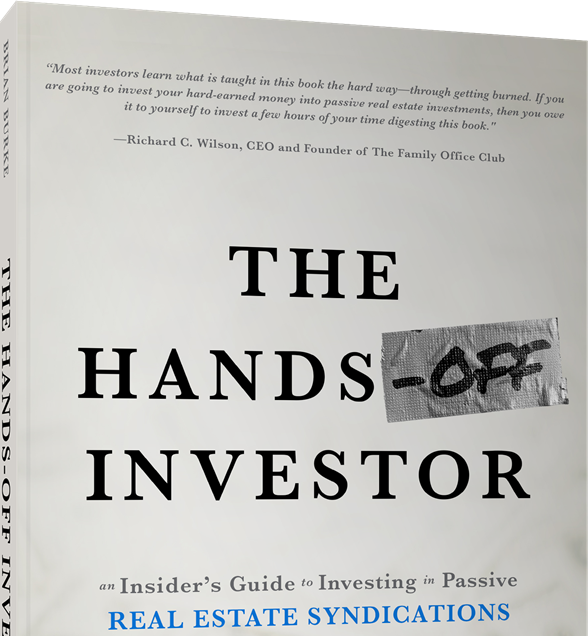Google Makes New Play For The Real Estate Market

Google’s latest play for the US real estate market appears to pick up from where Zillow left a void. What is the internet giant up to now? What does it mean for investors?
Google Still Wants Its Piece Of The Property Market
Big tech companies have been looking for ways to profit from the huge real estate industry for years.
After Zillow’s recent failure, Google seems to be trying to step in with its own real estate agent suggestions. You may not see ‘Google Screened’ real estate agents at the top of your internet search results. They’ve been appearing over other ads and websites. To be clear, these are paid ads, much like Google’s other advertising products. Just delivered in different packaging.
Google has also tried investing in real estate technology firms and prefab house startups.
Though given previous attempts, these efforts may also be short lived.
Amazon
After playing a significant role in escalating housing prices around its offices, Amazon announced another $21M affordable housing initiative at the end of 2021.
This time it is a program specifically for what it calls ‘real estate developers of color’. A combination of training and funding to help them develop their careers and work on affordable housing projects.
Amazon has made a variety of other plays in real estate, from Alexa and delivery services, to listings on its site.
Jeff Bezos of course has recently sold off enormous amounts of stock, to invest in his own real estate portfolio.
Before losing its reputation and name, the social giant made several plays in this space of its own. Including its marketplace and advertising platform.
Though like Google, Facebook seems to have lost favor with real estate advertisers due to constantly changing rules, click fraud, data fraud, and declining performance, with rising costs.
For Real Estate Investors
While big tech companies continue to try to participate in this massive industry, their operations seem too convoluted to do well at it. As investments themselves, they are not diversified from other stocks and movements in public markets. They certainly don’t provide the hard, tangible asset protection that brick and mortar real estate does.
Technology shouldn’t be ignored. Many intelligent techies are trying to make this space more efficient. Unfortunately, they typically lack the real estate side expertise to actually make any improvement. Like Zillow, and Better, they may raise billions of dollars, only to have to admit their tech and artificial intelligence doesn’t work, and end up having to lay off hundreds or thousands of workers. After causing much frustration, and even real damage to investors and homeowners.
Tech can play a very important role in screening properties, optimizing performance, management and net returns. Yet, for it to really work, it still requires human intelligence with in-depth experience to make the most of the data and systems. Those companies that can bring together these two elements are the ones which will continue to succeed.



























